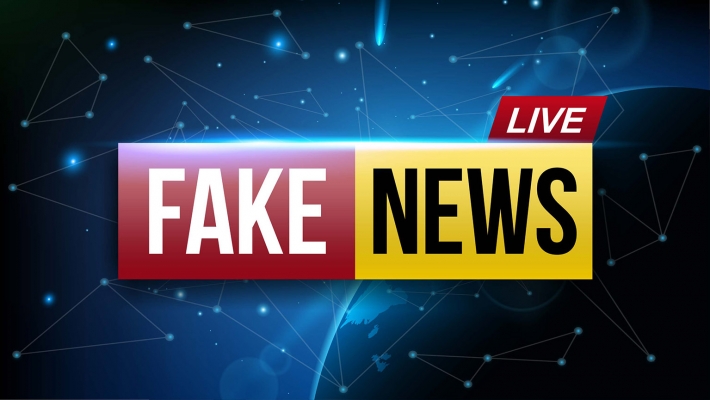FAKE news is the term used to describe news stories on social media and in traditional press that have a few grains of truth but are largely, well, fake.
Since the possibility of a general election emerged, we have been inundated by political fake news across all the social media channels.
In recent months we have seen Liberal Democrat leader, Jo Swinson, and her husband Duncan Hames, accused of benefiting from EU grants allegedly provided to the company of which Mr Hames is a Director. The facts were few and far between, but the story, according to the BBC, reached 248 Facebook Groups, had over 47,000 likes, comments and shares and reached an estimated audience of 1.5 million.
Now just in this last few weeks we have seen the official Conservative twitter account publish a doctored TV interview featuring Labour MP, Sir Keir Starmer on Good Morning Britain. The video was cut to make it look like Sir Keir Starmer didn’t have an answer to a question Piers Morgan put to him, whereas in the real interview, the MP answered before the interviewer had finished asking the question. The Conservative party chairman, James Cleverly, was interviewed about this by both the BBC and Piers Morgan and he maintains it was a hoax and was affronted at the word ‘doctored’ adamantly stating it was obviously edited and those viewing it could clearly see it was satire and was rather unapologetic about the whole affair.
The Conservatives have not escaped either, with various rumours published regarding MP Jacob Rees Mogg and Prime Minister, Boris Johnson allegedly profiting from a Monster Crash conspiracy in the event of a no deal Brexit.
It seems all the political parties are engaging or endorsing fake news, in one way or another!
How the public reacts to political fake news
Some tweets have called for politicians to stop bad-mouthing their opposition and tell voters what they will do for the country, unfortunately others simply buy into this political manoeuvring and retweet or share the content, making it difficult for readers to filter out what is true news and what is fake.
Spotting fake news
Some of the fake news published is easy to identify, but the more nefarious items like those mentioned above are not so obvious. Wikipedia has put together a simple guide to spotting fake news, here are the more salient points:
1. Consider the source (to understand its mission and purpose)
2. Read beyond the headline (to understand the whole story)
3. Check the authors (to see if they are real and credible)
4. Assess the supporting sources (to ensure they support the claims)
5. Check the date of publication (to see if the story is relevant and up to date)
6. Ask if it is a joke (to determine if it is meant to be satire)
7. Review your own biases (to see if they are affecting your judgement)
8. Ask experts (to get confirmation from independent people with knowledge).
Combatting fake news
What are the social media giants doing to combat this fake news epidemic? Twitter has banned political adverts, Facebook has tightened up its political advertising rules and is stringently acting on them, banning ads that breach their terms, the popular social site has also employed UK Fact Checkers in an effort to police the fake news frenzy.
LinkedIn has also not been idle in the constant battle against fake news and declare they prevented 21.6 million fake accounts in the first six months of 2019.
All of this is well and good but what about organic fake news posts that do go viral? And are the social media platforms the ones who should be protecting us or do we really need our politicians to grow up and stop acting like children, which admittedly is a slur on children as most are not as vicious as mudslinging MPs. I don’t know about you but this behaviour from those who would run our country is worrying in the extreme, if they do this to each other, what will they do to us? If they have so little regard for the general public that they are willing to mislead us in this fashion, it makes me wonder how else they mislead us. Can any of them be trusted enough to run our country?


